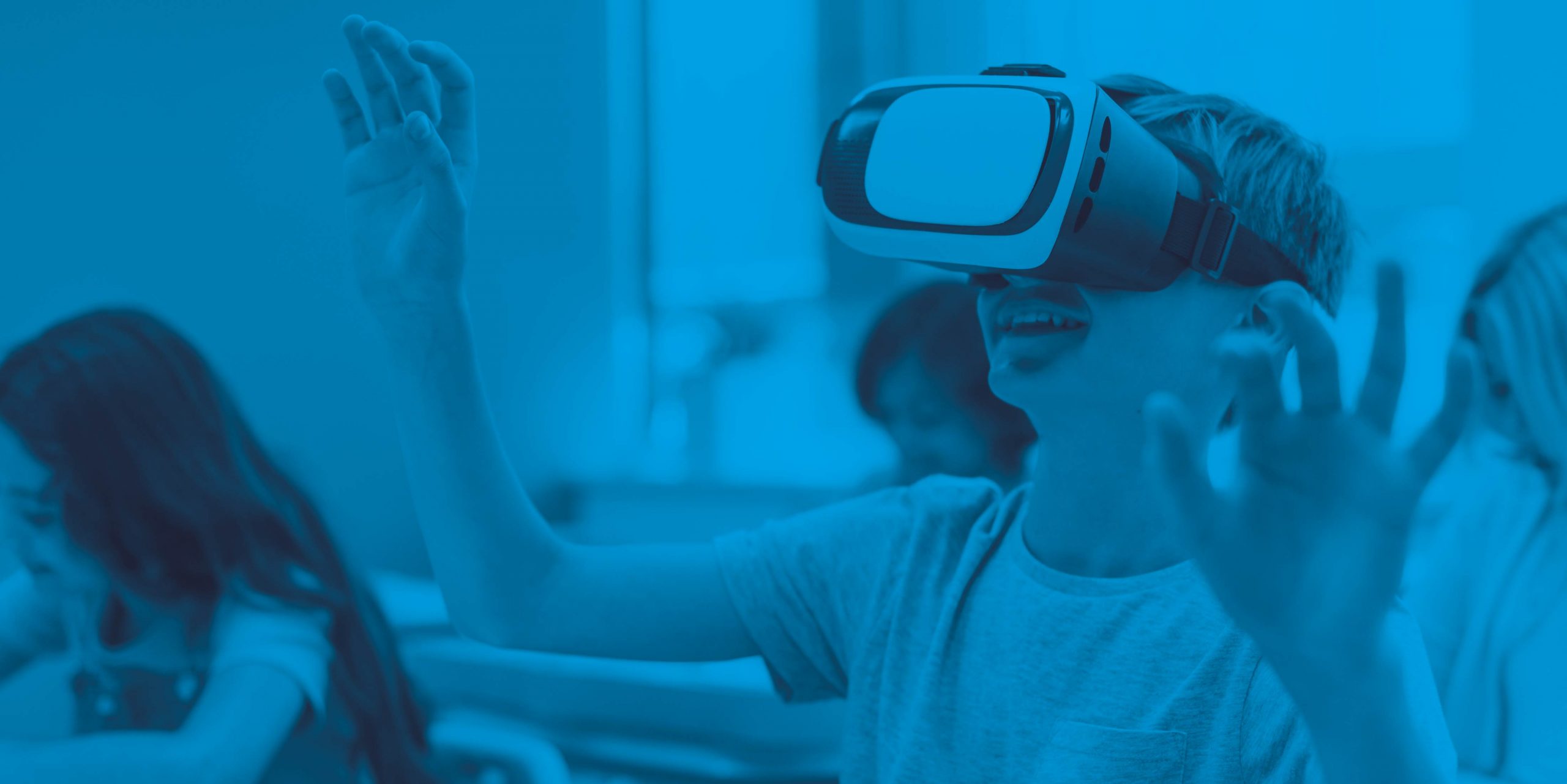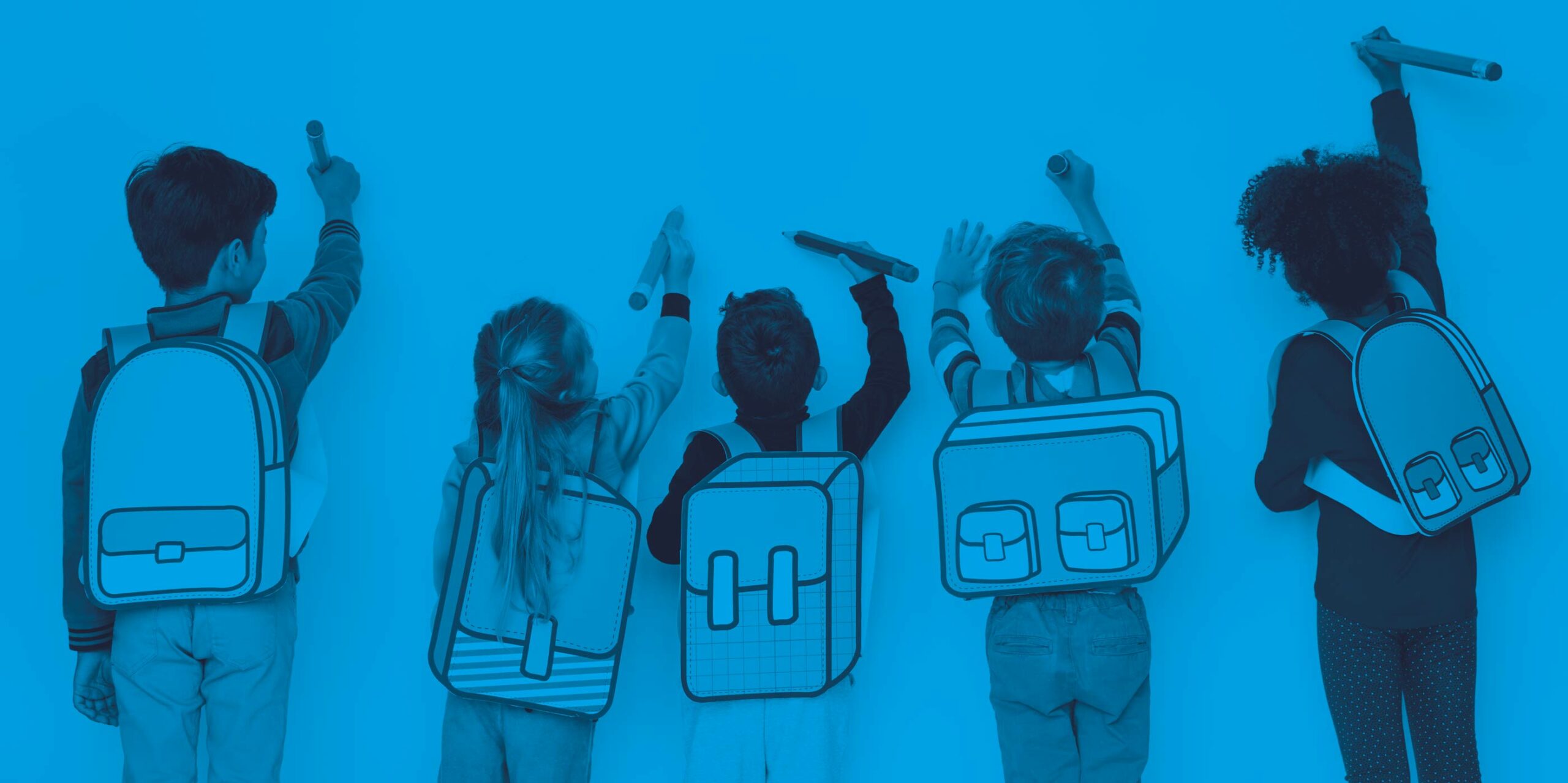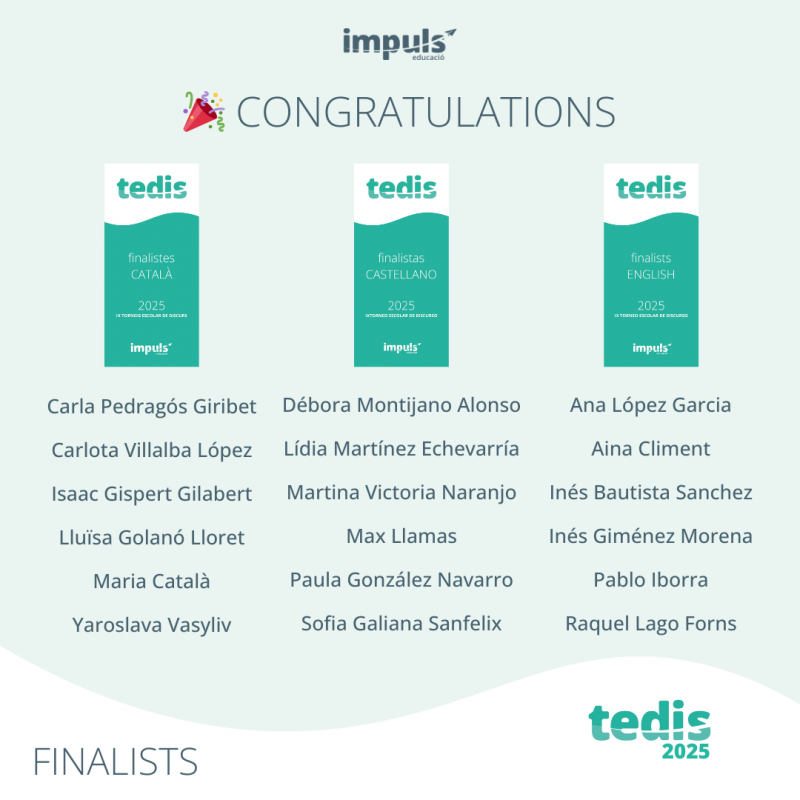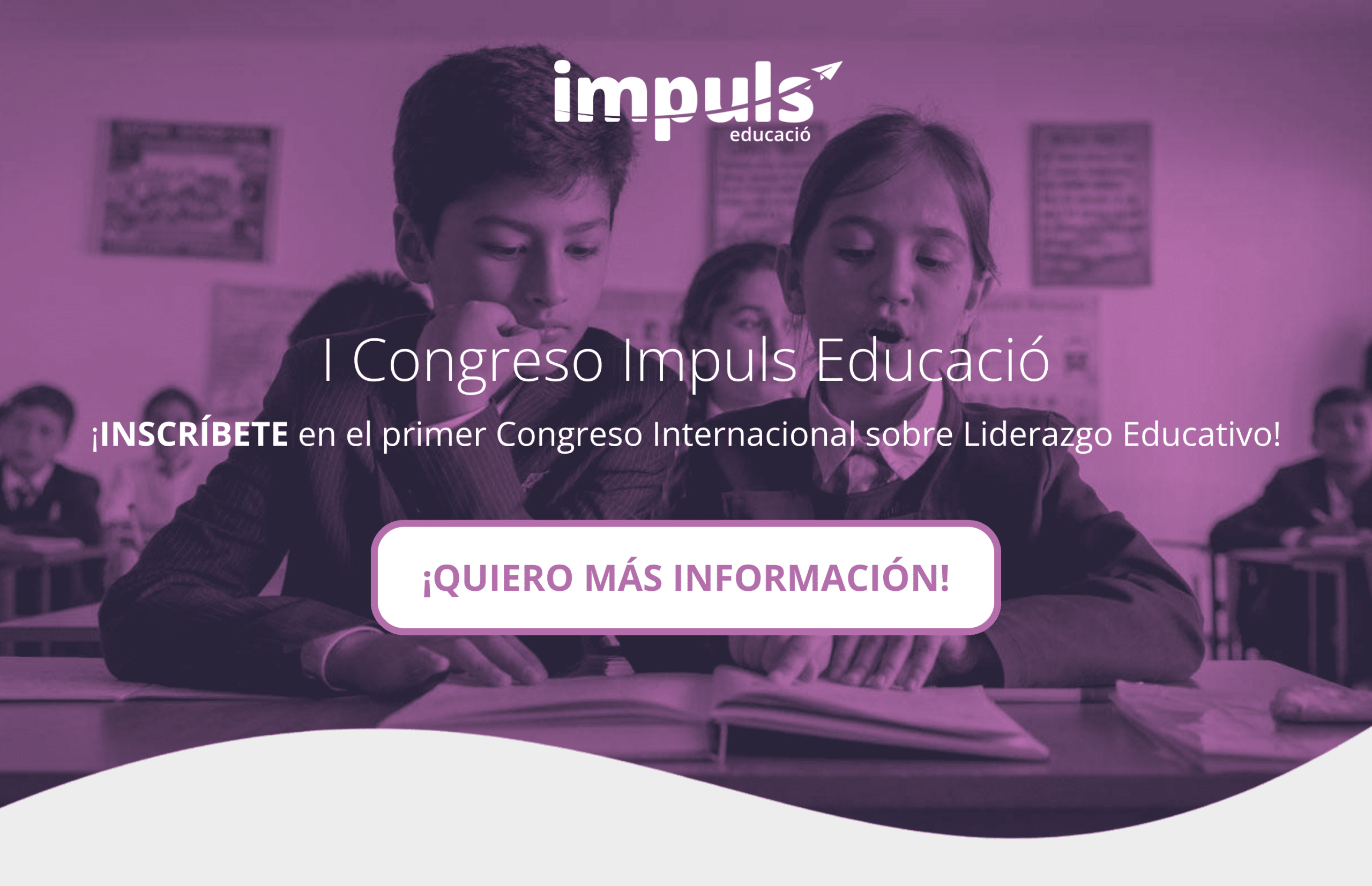by José María Ruiz Palomo
IES Cartima opened in September 2014. It is located in the Guadalhorce Valley, twenty kilometres from the capital, Málaga, and it currently has 560 students and 50 teachers. We offer five lines of secondary education and two specific classrooms.
From the very start, we have been concerned about ‘the lack of attention to the emotional development of human beings, the fundamental engine of learning’ (Pérez Gómez, AI, 2012). At the same time, we are very aware that ‘teachers need to construct their complex professional roles and ways of thinking about their teaching practice in safe contexts of community learning’ (Korthagen, 2011).
The main challenge we face as a school is sustaining a recognisable school culture, with principles, goals and lines of action based on education studies. They are made public, so they can be the subject of reflection and debate within the educational community and anyone considering coming to the school can be familiar with them. The effort to disseminate our activity over the years has been the key to creating a committed teaching team and making the students, teachers and families aware that our priority is the quest for the common good in order to meet the needs of the entire group.
The challenge is to sustain a recognizable school culture grounded in the principles of Educational Sciences

This has several practical consequences: we were recognised as a Learning Community (INCLUD-ED) in 2017, we make inclusion a priority objective and we put caring for people first. The school’s dynamics have clearly democratic roots and are based on participation, listening and dialogue. In turn, we prioritise the connection between academic activity and the real world, both face-to-face and virtual, to make learning meaningful. We like to say that we learn for life.

We make inclusion a top priority and place the care of people at the heart of all educational action
A key tool for achieving our objectives is technology. For this reason, our school operates on a 1×1 model, in which each student has a tablet. The development of digital competency and learner autonomy can make an important difference in the opportunities that students and families may have after their time at IES Cartima. And we understand that creating the conditions for people to have access to more opportunities is a way of making them freer.
On the other hand, schools have long demonstrated their ability to harness digital tools to serve pedagogical objectives, making schools the ideal place to educate students in how to use them. Confronting students with the need to use devices, applications and online spaces on a daily basis gives us the opportunity to reflect on their use, to reach a consensus on rules and to develop responsible attitudes as technology users. The teachers have proven their ability to lead these processes, which should be developed with the support of families in the most horizontal, participatory dynamics possible.
The use of devices in the school environment offers us the opportunity to agree on rules for responsible use
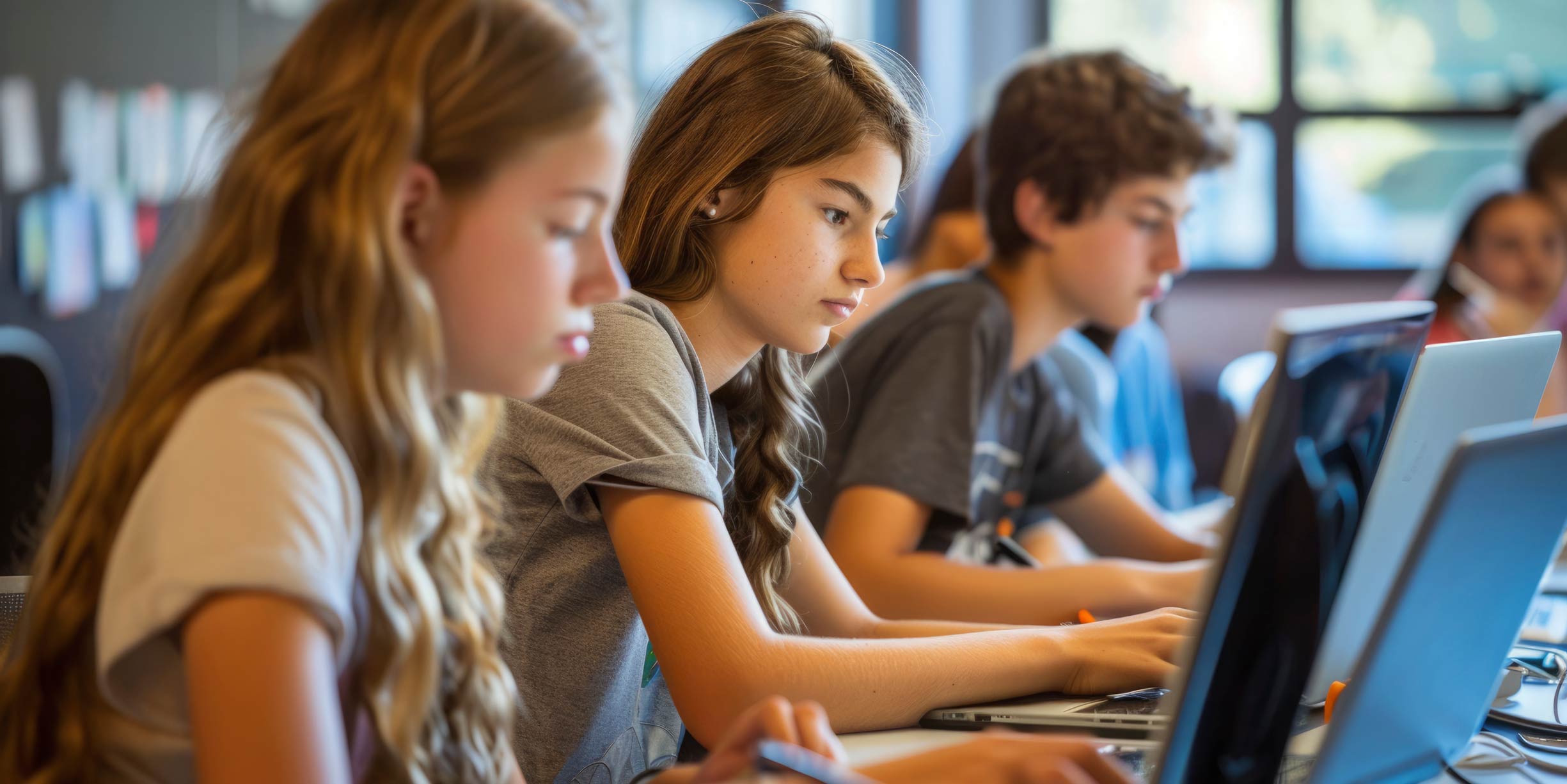
To this end, we developed a session as part of our initial training programme. Between 4 and 14 September each year, we devote training/reflection sessions to multiple aspects of teaching (learning assessment, inclusion and attention to diversity, interdisciplinary projects, project-based learning, cooperative learning, technology use, peaceful coexistence, etc.), and there is always a morning set aside for technology. Right now, artificial intelligence now occupies the main part of this space.
José María Ruiz Palomo is the director of IES Cartima. He is a member of the Steering Group for the development of the Strategic Innovation Plan of the Andalusian Regional Ministry of Education (2021-2027). He has given numerous lectures and courses on active methodologies, integration of technology in schools and school organisation.




